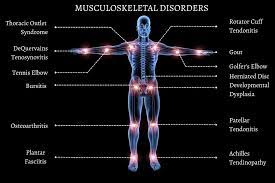
How important are our short Peptides for human organs
Peptides are short chains of amino acids that play a crucial role in the functioning of human organs. These small molecules are involved in a wide range of physiological processes, including cell signaling, immune response, and tissue repair.
One of the key functions of peptides in the human body is their ability to act as signaling molecules. When cells in the body need to communicate with each other, they often do so through the release of peptides. These molecules are able to bind to specific receptors on the surface of cells, triggering a response that can lead to changes in gene expression, cell growth, or other cellular processes.
Another important role of peptides in the human body is their involvement in the immune response. Peptides can act as antigens, stimulating the production of antibodies that help the body defend against infections and other foreign invaders. In addition, some peptides are able to directly kill bacteria and other pathogens, making them valuable tools in the fight against infectious diseases.
Peptides also play a critical role in tissue repair and regeneration. Many peptides are able to stimulate the growth of new blood vessels, which is essential for the healing of injured tissues. In addition, some peptides are able to promote the proliferation of stem cells, which can differentiate into various types of cells and help to repair damaged tissues.
Overall, peptides are vital for the proper functioning of human organs. These small molecules play a key role in cell signaling, immune response, and tissue repair, and their importance is only now beginning to be fully understood.
